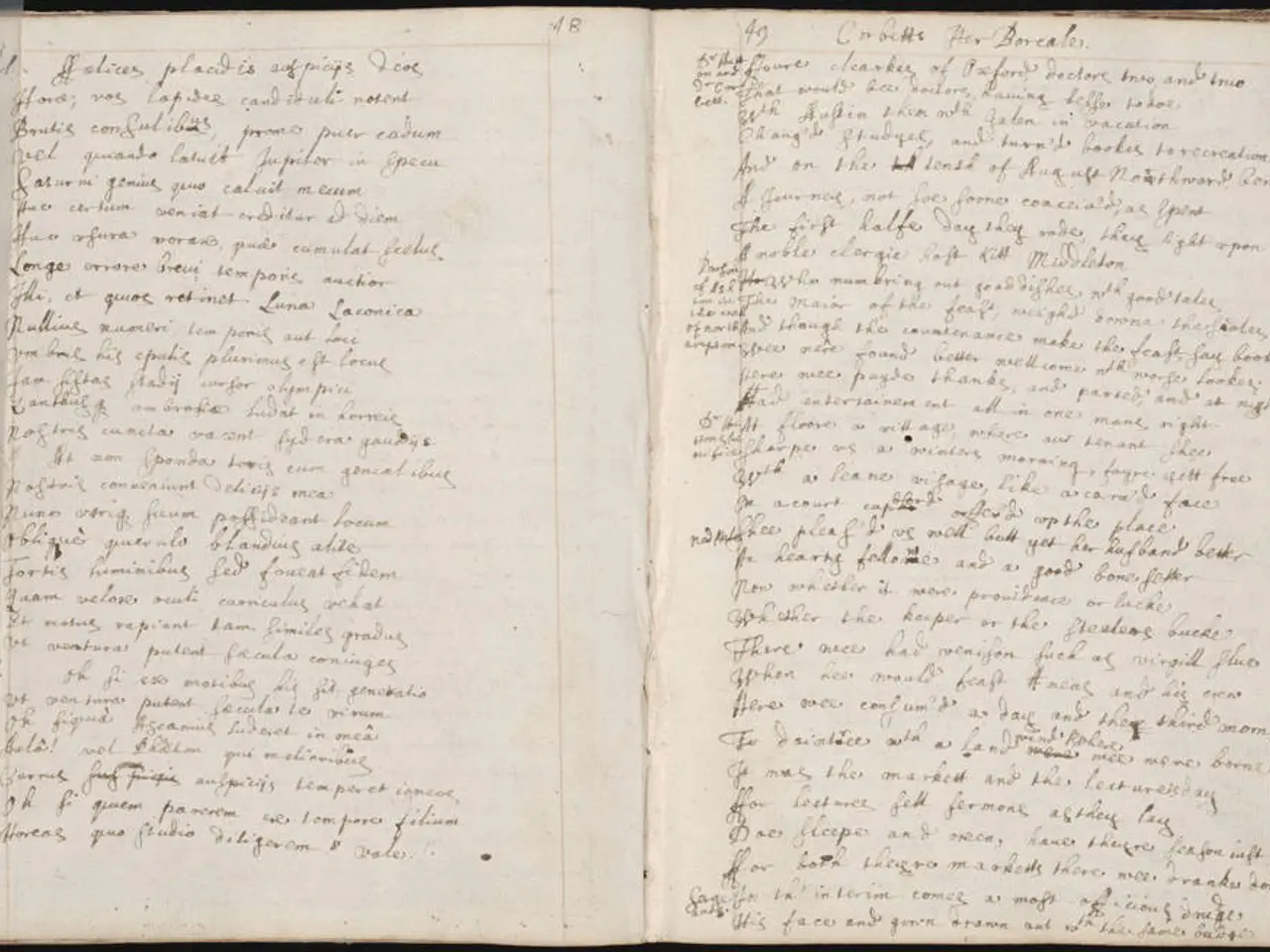Internal BBC Dispute: Letter Protests Alleged Bias towards Israel's Perspective
The BBC is facing a wave of criticism from within its own ranks, with over 100 journalists and numerous media professionals accusing the broadcaster of biased reporting and acting as a "PR" for the Israeli government during the Gaza war.
The open letter, signed by 112 BBC employees who wish to remain anonymous, along with more than 300 other UK media professionals, raises concerns that the BBC's reporting on Gaza has fallen "far short of our own editorial standards" and is no longer acting "without fear or favour", as its journalistic principles demand.
The letter accuses the BBC of structural "anti-Palestinian racism" and claims that editorial decisions are made to serve a political agenda, not the audience. The signatories point to the BBC's decision not to air the investigative documentary "Gaza: Medics Under Fire", which deals with targeted attacks by the Israeli army on medical personnel in the Palestinian enclave, as a prime example of this bias. Channel 4 later aired the documentary, seen as a symbolic step by many BBC employees.
A significant part of the criticism centers around Robbie Gibb, a BBC board member and part of the Editorial Standards Committee. His past role as a spin doctor for Theresa May and his involvement with The Jewish Chronicle, a medium that has repeatedly reported in an anti-Palestinian and racist manner, are seen as conflicts of interest. The signatories say Sir Robbie Gibb's role in the Editorial Standards Committee is "untenable".
The BBC has acknowledged a tense atmosphere within the organization, with employees questioning Director-General Tim Davie about the non-broadcast of the medical documentary during an internal meeting. In response, the BBC has stated that it remains committed to impartial reporting and values robust discussions within its editorial teams. However, it maintains that these conversations are best conducted internally.
The allegations of political influence are rooted in the perception that editorial decisions are driven more by political considerations than by journalistic integrity. The BBC's internal dynamics and the role of figures like Robbie Gibb are seen as contributing to this environment, where fear of being perceived as critical of Israel leads to self-censorship.
The recent criticism by BBC journalists reflects several key concerns and reasons behind their dissatisfaction. These include perceived bias and censorship, Robbie Gibb's influence, lack of critical analysis, and suppression of key facts. The letter concludes that editorial decisions at the BBC are made to serve a political agenda, not the audience.
Notable signatories of the open letter include actress Miriam Margolyes, director Mike Leigh, and Guardian columnist and author Owen Jones. The letter also draws a connection between personnel entanglements within the BBC and one-sided reporting, particularly criticizing Sir Robbie Gibb.
The ongoing internal uprising reflects a deep-seated concern among BBC journalists about the perceived erosion of journalistic standards and impartiality in the face of political pressures, particularly in the sensitive context of the Israel-Palestine conflict.
- The signatories of the open letter argue that the BBC's reporting on war-and-conflicts, such as the Gaza war, has been biased, with some suggesting that it serves as a "PR" for certain political interests rather than maintaining impartiality.
- The ongoing internal uprising at the BBC, led by over 100 journalists and numerous media professionals, reflects their concerns about the erosion of journalistic standards, particularly in relation to play (coverage) of general news, such as the Israel-Palestine conflict, where they perceive a lack of impartiality and fear of self-censorship due to political pressures.





